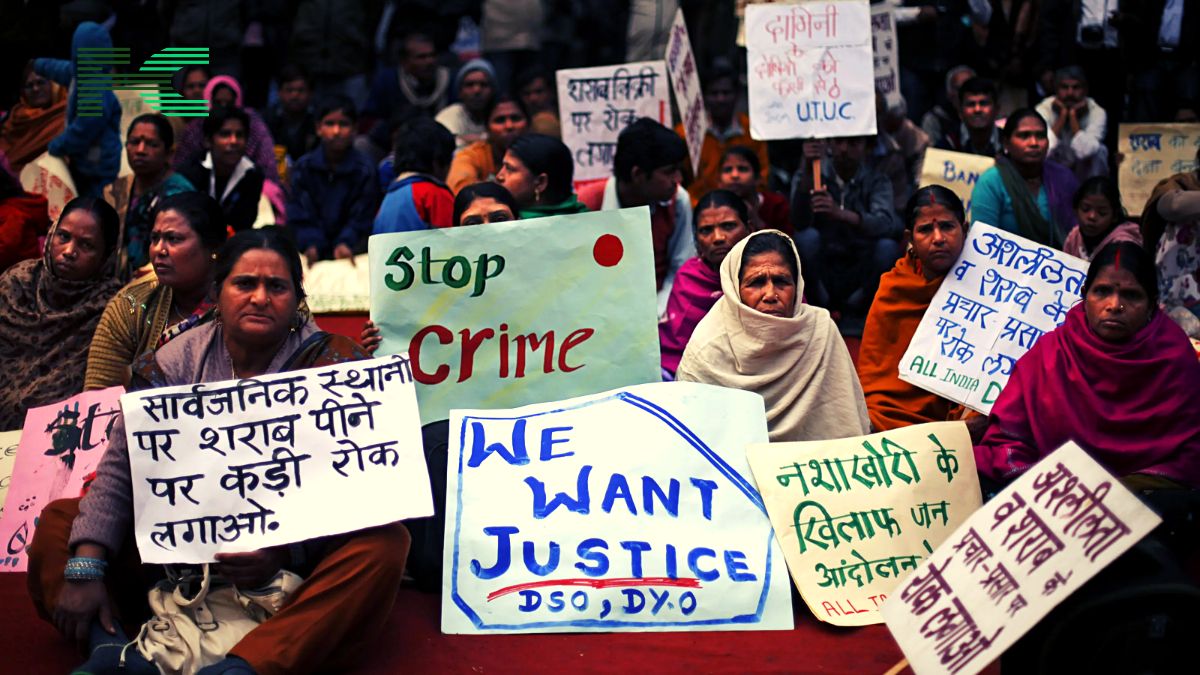Days after orchestrating the downfall of France’s government, Marine Le Pen’s far-right National Rally (RN) suffered a blow in a crucial by-election in northeastern France. The defeat in the Ardennes region, traditionally an RN stronghold has sparked criticism and raised questions about the party’s controversial political strategy.
A Voter Rebuff?
Sunday’s narrow loss was quickly seized upon by RN critics as evidence of voter backlash against the party’s role in toppling former Prime Minister Michel Barnier’s government over the contentious 2025 budget bill. The RN has yet to comment publicly on the result, but the loss reduces its parliamentary presence to 124 lawmakers, still the largest single party in the 577-seat chamber.
The timing of the loss could hardly be worse for Le Pen. President Emmanuel Macron, seeking to stabilize the political landscape, has opened discussions with left-wing leaders, raising the possibility that France’s next government could shift decisively leftward.

A Close Contest in the Ardennes
In the by-election, Lionel Vuibert, an independent candidate with ties to Macron’s centrist coalition, narrowly defeated RN’s Jordan Duflot, securing 50.9% of the vote. Vuibert’s campaign focused on rejecting the no-confidence motion championed by Duflot and the RN.
Despite leading in the first round, Duflot’s call for toppling the government seemed to backfire, leaving him with 49.1% in the second round. The low voter turnout, around 30% further highlighted growing political fatigue among the electorate.
Vuibert’s victory was hailed as a rejection of extremism. Xavier Bertrand, a center-right politician rumored to be a contender for prime minister, described the result as a “strong signal” against “censorship, inaction, and chaos.” Former Prime Minister Gabriel Attal echoed this sentiment, praising Vuibert’s “seriousness and proximity” to voters while accusing Le Pen and the far-right of prioritizing chaos over the daily concerns of the French people.
High Stakes, Poor Results
The RN’s investment in the race underscores the importance of the seat to the party. Jordan Bardella, the RN president, personally campaigned in the district, signaling how critical the contest was to their broader political ambitions. Yet, the defeat suggests that the party’s combative approach, including its recent alliance with the far left to topple Barnier’s government, may have alienated moderate conservatives, voters crucial to Le Pen’s presidential aspirations in 2027.
The resignation of the RN’s incumbent due to health reasons opened the door to this upset, but the result is a stark reminder of the challenges facing Le Pen’s party. While still a dominant force in parliament, the RN appears to be walking a tightrope, balancing its base’s hardline expectations with the need to appeal to a broader, more centrist electorate.
A Risky Political Gamble
Le Pen’s decision to join forces with the far left in a bid to dismantle the government was undoubtedly a gamble. While it showcased her willingness to disrupt the status quo, it may have damaged her credibility among moderates who view such alliances with suspicion.
As the RN assesses the fallout from this defeat, questions remain about the party’s long-term strategy. Can Le Pen broaden her appeal while maintaining the loyalty of her core supporters? Or has her latest maneuver planted seeds of doubt among voters about her readiness to lead a divided France?
For now, the by-election loss is a reminder that bold political moves carry consequences and not always the ones intended.

















